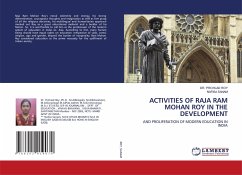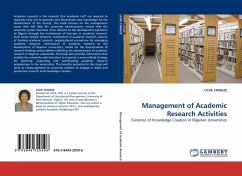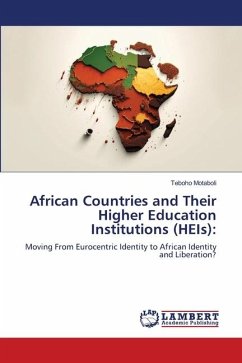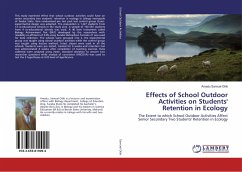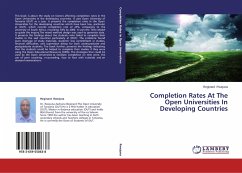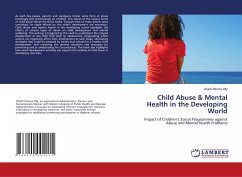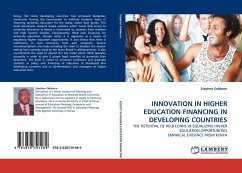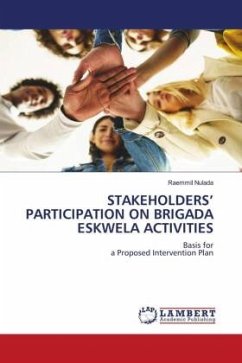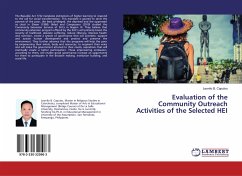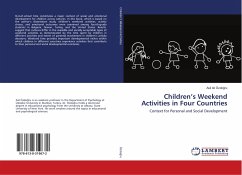
Children's Weekend Activities in Four Countries
Context for Personal and Social Development
Versandkostenfrei!
Versandfertig in 6-10 Tagen
27,99 €
inkl. MwSt.

PAYBACK Punkte
14 °P sammeln!
Out-of-school time constitutes a major context of social and emotional development for children across cultures. In this book, which is based on the author's dissertation study, children's weekend activities, activity choice, and emotional outcomes were examined among fourth-grade students in Bulgaria, Taiwan, Turkey, and the United States. Results suggest that cultures differ in the available and socially acceptable types of weekend activities as demonstrated by the time spent by children in different activities and extent of parental involvement in children's activity decisions. Weekend time...
Out-of-school time constitutes a major context of social and emotional development for children across cultures. In this book, which is based on the author's dissertation study, children's weekend activities, activity choice, and emotional outcomes were examined among fourth-grade students in Bulgaria, Taiwan, Turkey, and the United States. Results suggest that cultures differ in the available and socially acceptable types of weekend activities as demonstrated by the time spent by children in different activities and extent of parental involvement in children's activity decisions. Weekend time provides important developmental niches within which children in different countries experience activities that contribute to their personal and social developmental outcomes.



